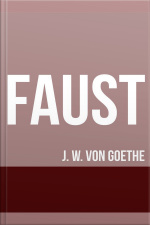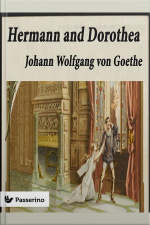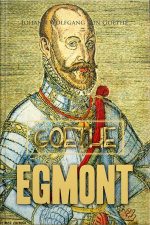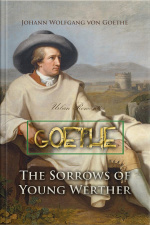How can a man come to know himself? Never by thinking, but by doing. Try to do your duty, and you will know at once what you are worth.
In one of the greatest works of German literature, Goethe explores the human need for meaning and the desire for power over one's own fate, regardless of the consequences.
Wilhelm goes through deep self-realisation and decides to escape his empty life of a bourgeois businessman. After a failed romance with the theatre, Wilhelm commits himself to the...
"Hermann and Dorothea" is an epic poem written by German writer Johann Wolfgang von Goethe between 1796 and 1797.Johann Wolfgang von Goethe (28 August 1749 – 22...
Though under threat of arrest, Egmont refuses to run away and give up his ideal of liberty. Imprisoned and abandoned because of the cowardice of his people, and despite the...
Johann Wolfgang von Goethe (28 August 1749 – 22 March 1832) was a German writer and statesman. Translated by Thomas Bailey Saunders
"The Sorrows of Young Werther" is an epistolary, loosely autobiographical novel by Johann Wolfgang von Goethe, first published in 1774. Johann Wolfgang von Goethe...
A collection of poems by Johann Wolfgang von Goethe reflecting his Italian Journey and celebrating the sensuality and vigour of Italian and Classical culture. Written mainly after...
The Sorrows of Young Werther turned Goethe, previously an unknown author, into a celebrated one almost overnight. Napoleon Bonaparte considered it one of the great works of...
Johann Wolfgang von Goethe's Faust is a tragic play in two parts. Although rarely staged in its entirety, it is the play with the largest audience numbers on German-language...











